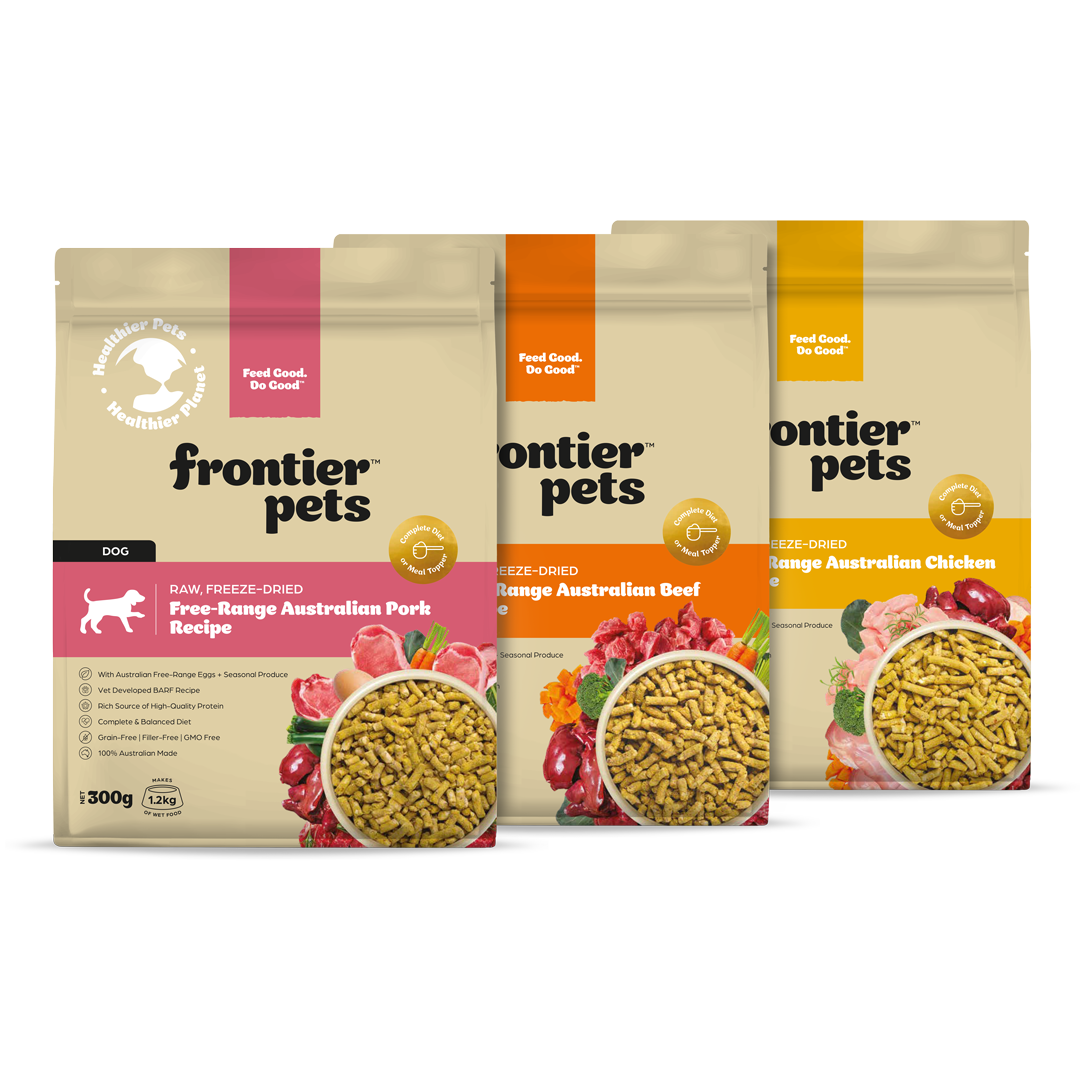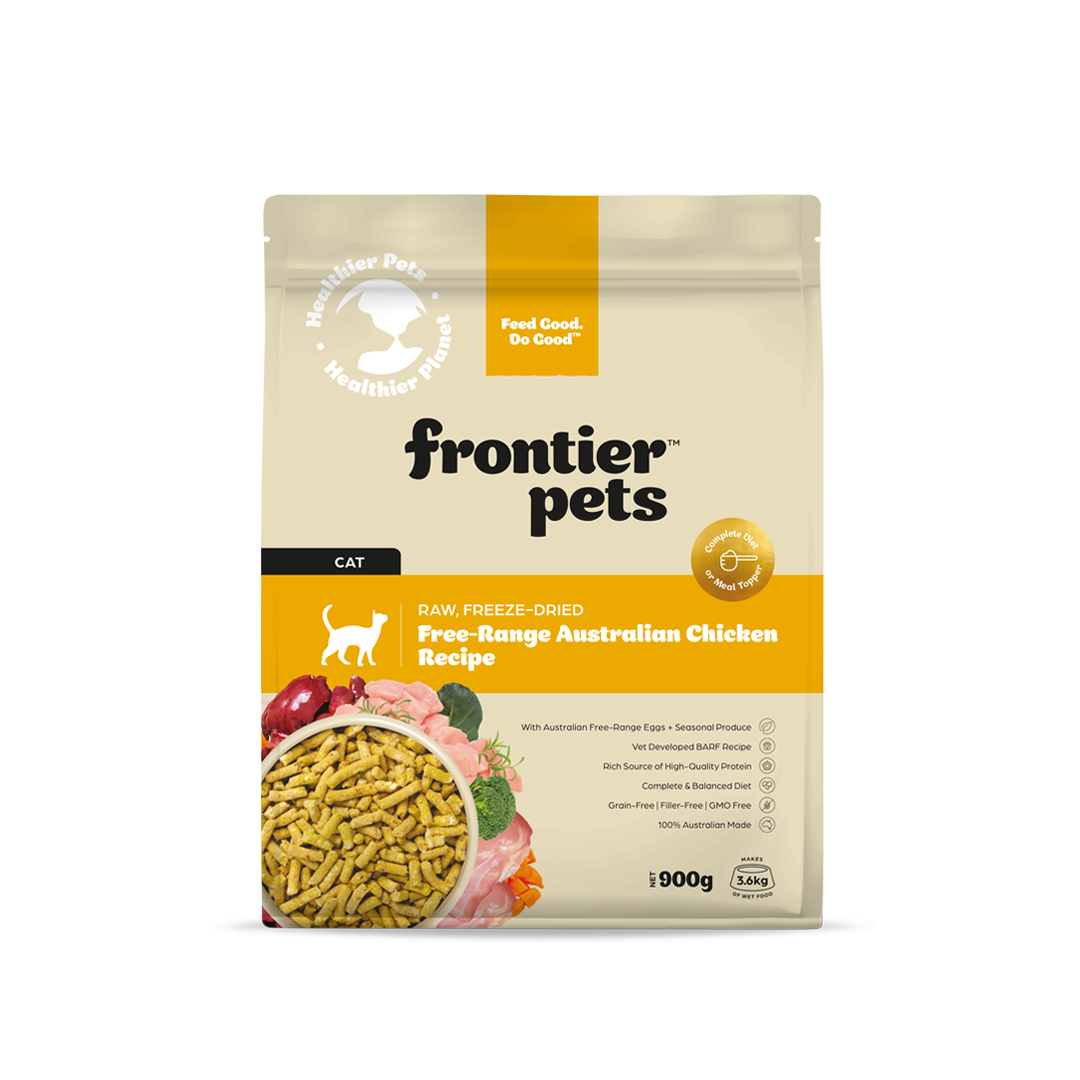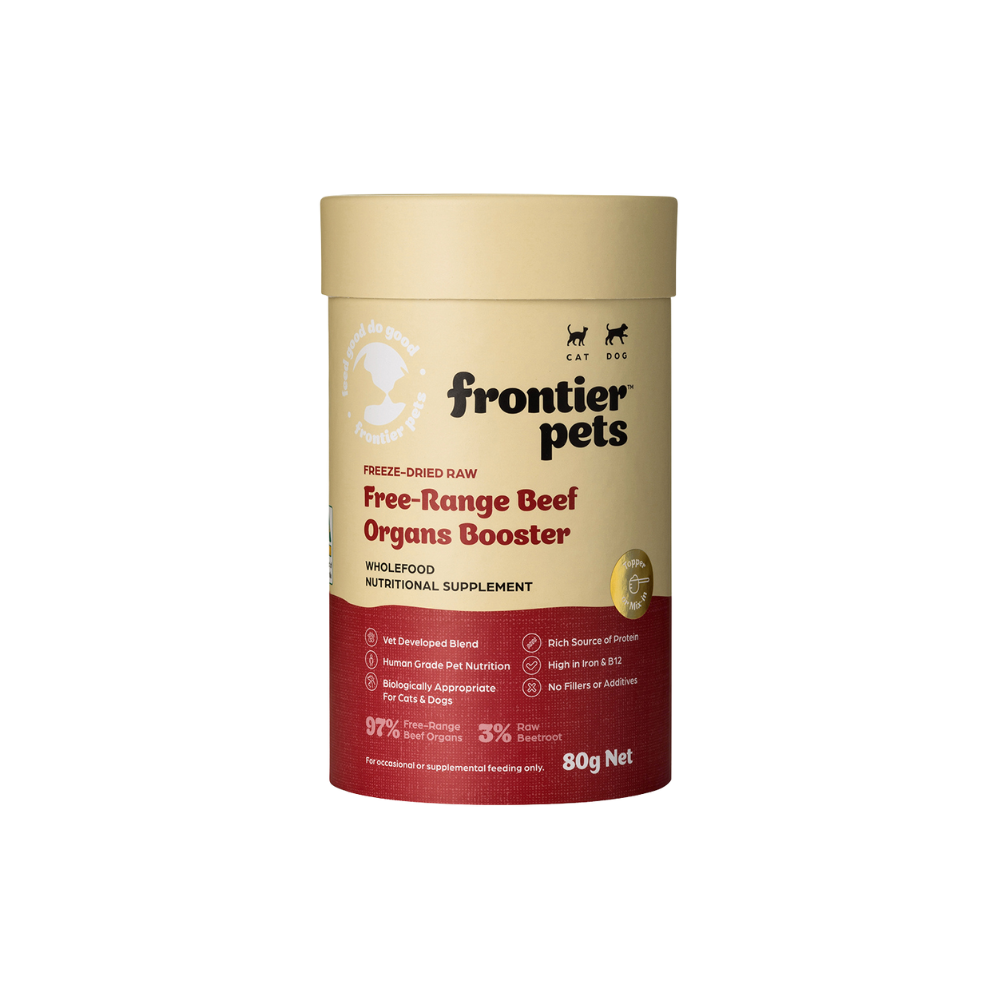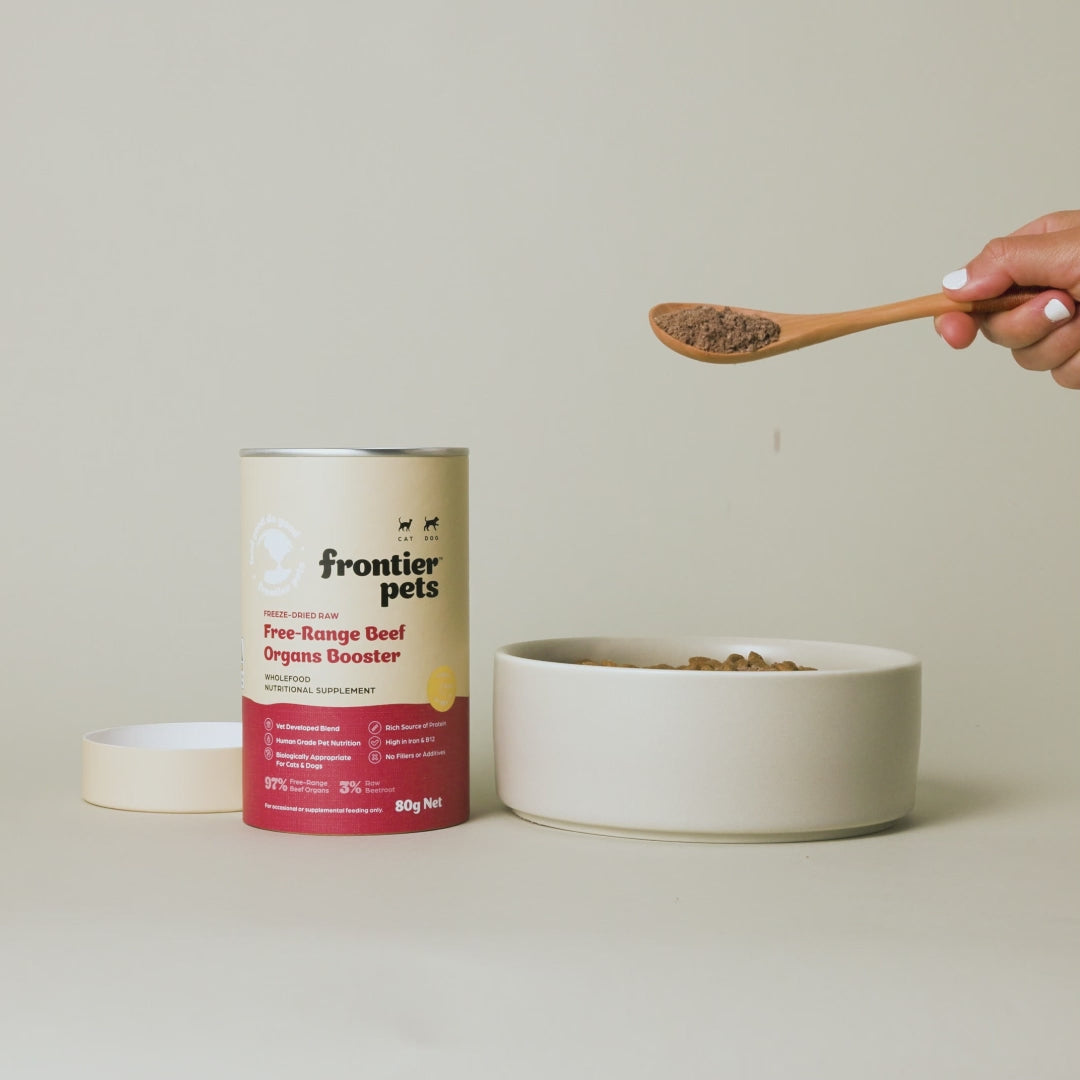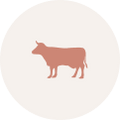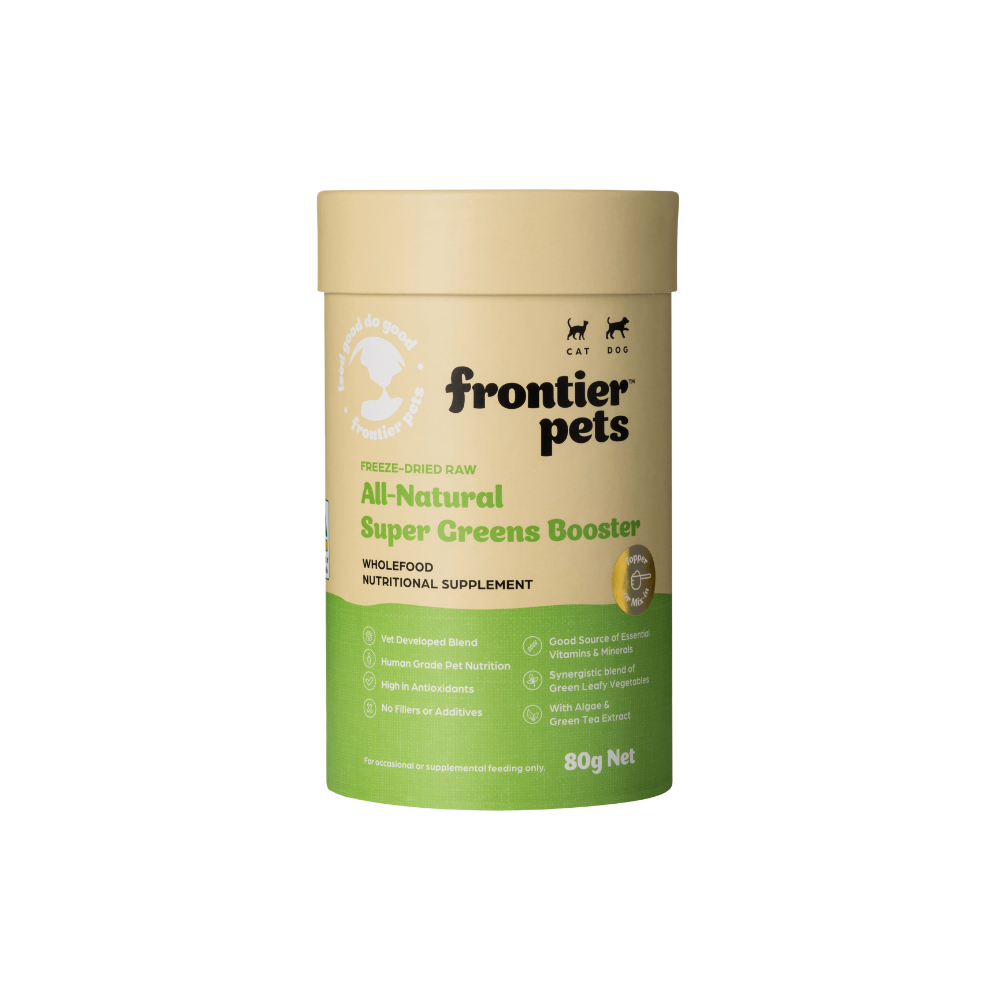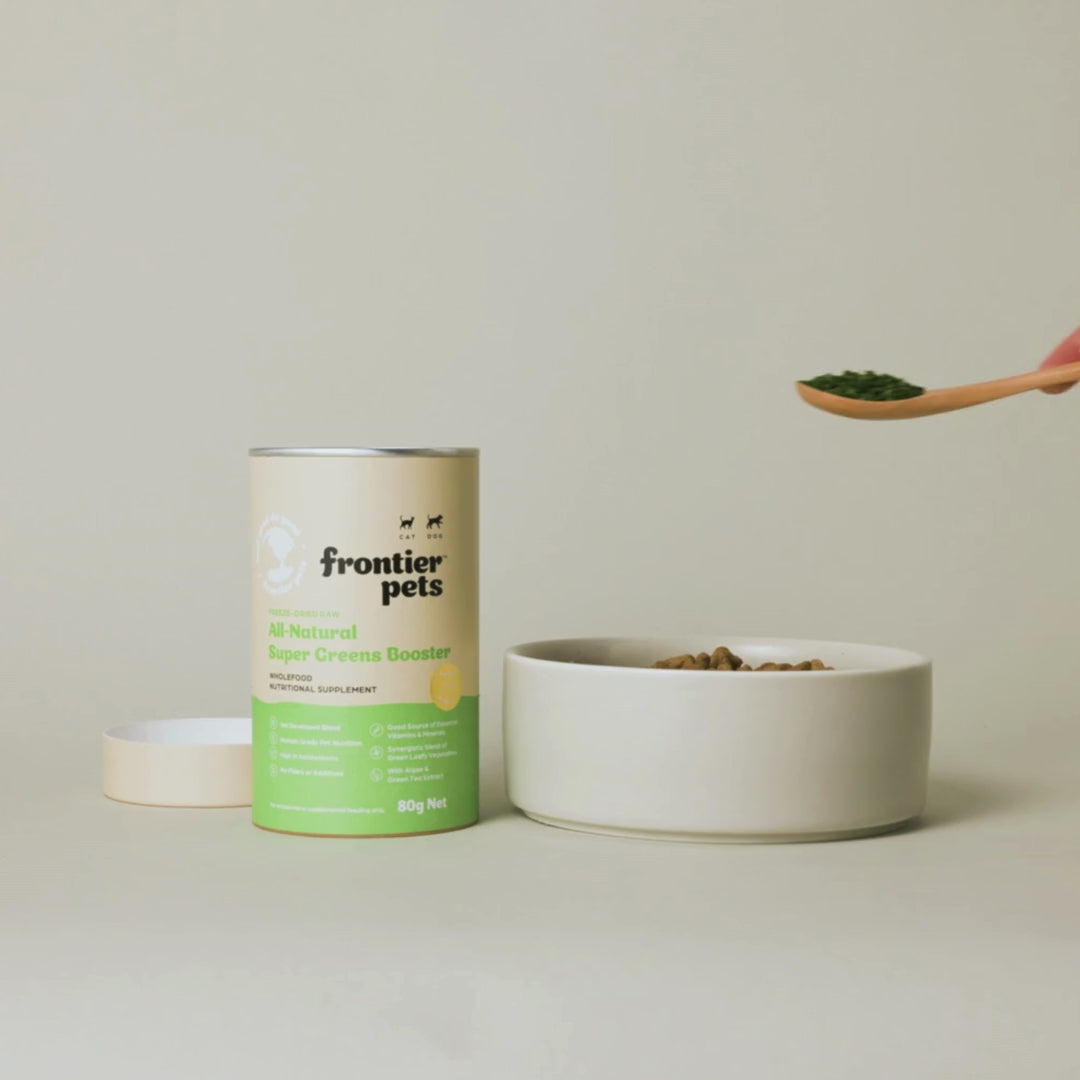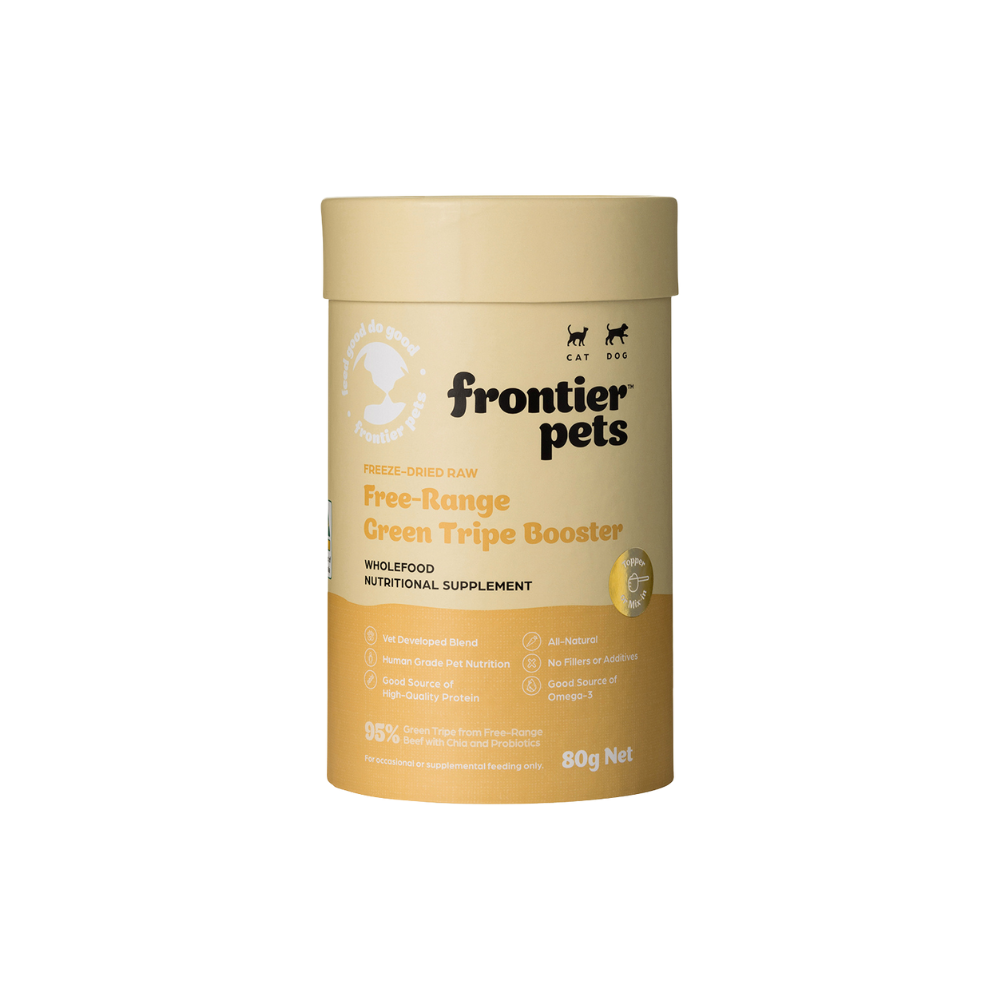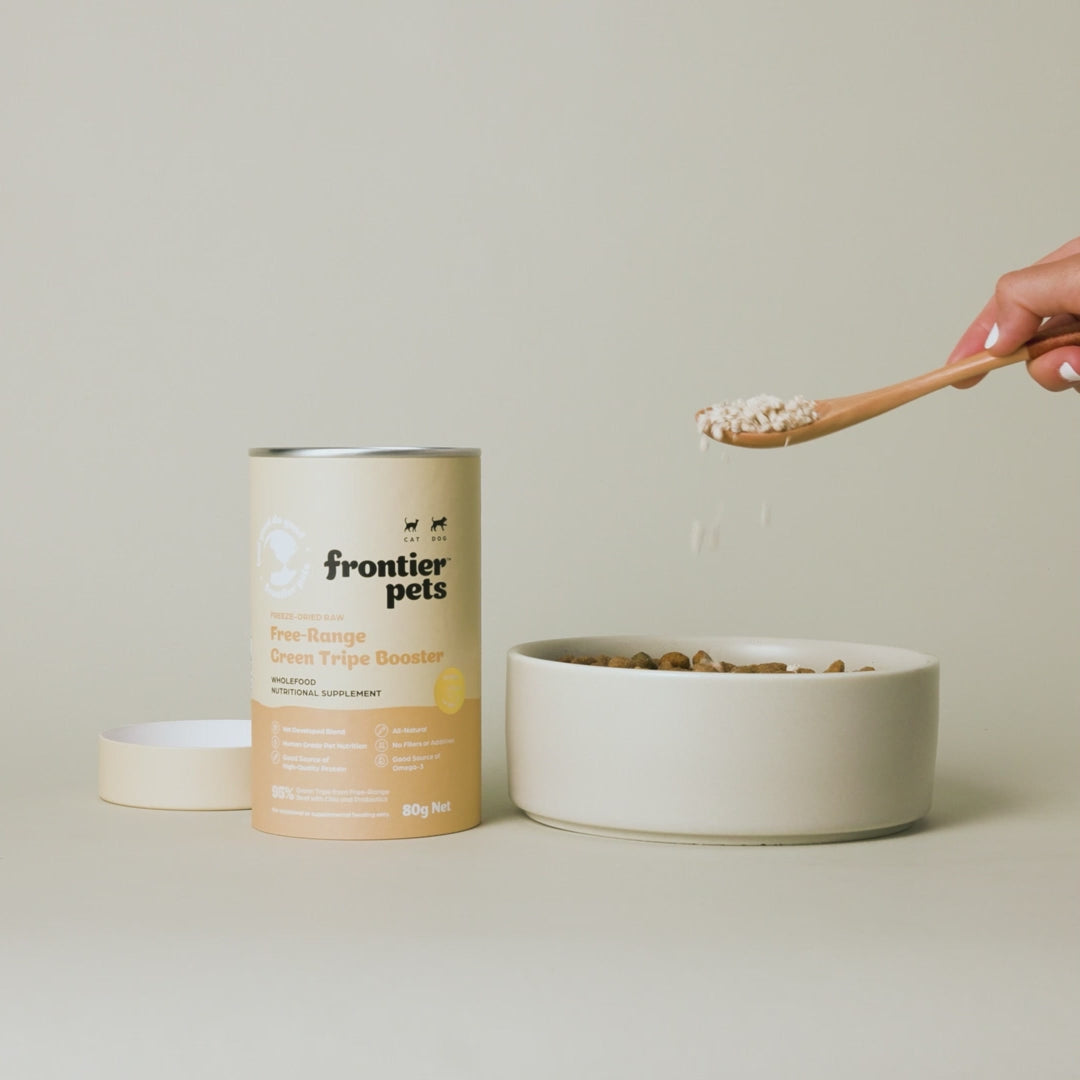Senior Dogs | Common ailments, prevention and caring for your aging dog!
I think one of the hardest things about dog ownership, is watching your best friend start to slow down. No longer is he jumping on the bed with delight or eagerly climbing into the car for a trip to the beach, no, your best friend is starting to show resistance when approaching a flight of stairs, can no longer jump on your bed and now needs help getting into the car.
As your dog ages there are a few things we can do to make the elderly years more comfortable. We recommend a visit to your local vet twice/year to identify any existing conditions or concerns. Early detection and prevention of disease can extend your pets’ life. By understanding common ailments in dogs as they age, you will be able to know when you need to get to the vet, how to adapt your lifestyle to comfort your ageing pet and hopefully prevent or prolong life threatening disease.
Prevention against common ailments is always the best option and the key to maintaining a healthy dog is nutrition. Start when they are young, by feeding your puppy a nutritious puppy food and continuing through all stages of life, you will be giving your dog all the tools he needs to maintain healthy immune function and resistance to disease.
Selecting the right dog food for your dog
We talk about this a lot, and that’s because we cannot emphasise it enough – the pet food industry is not regulated. Many commercial pet foods may contain ingredients that can actually lead to disease and weight problems (like grain) and some companies continue to add chemicals, stabilisers, flavour enhancers and preservatives to the final product, which could be detrimental to the long term health of your dog so make sure you are feeding well.
Addressing common canine disorders
Obesity - Obesity is the leading health threat to household dogs and the most easily prevented. Studies also show that overweight dogs live an average of two years less than their ideal weight counterparts and are at increased risk of diabetes, osteoarthritis, hypertension, and many cancers.
- Prevention – feed your dog a well-balanced diet and follow feeding guidelines. Exercise your dog regularly. Weigh your dog annually and diet if necessary.
Thyroid Disorders - Hypothyroidism is an endocrine disease that is characterized by a deficiency of thyroid hormones. Commonly occurring hypothyroidism causes a decreased metabolic rate and can lead to a multitude of systemic complications.
- Prevention – protect your dog’s neck by using soft flexible collars and leads, feed high quality organic and raw dog food, avoiding processed foods. Ensure your dog is getting all the essential minerals he needs. Minimize your dog’s exposure to toxins.
Adrenal Dysfunction - Cushing’s disease, Addison’s disease and hypoadrenocorticism, are all types of adrenal dysfunction and is much more commonly seen in middle-aged dogs, especially females.
- Prevention – Ensure you are looking after your dog’s gut health with canine-specific prebiotics, probiotics and digestive enzymes. Avoid GMO foods – if your pet food packet doesn’t clearly state “GMO FREE” then it probably isn’t. Reduce your dogs stress levels - Dogs’ adrenal systems and gut health make up 80% of their immune system – so the importance of reducing stress and finding balance can’t be overstated!
Immune Dysfunction - Autoimmune disease in dogs means that your pup’s immune system has gone haywire — their body no longer recognizes good cells from bad cells and “attacks” itself. Autoimmune disease can affect any part of your dog’s body including skin, red blood cells or platelets.
- Prevention – autoimmune diseases in dogs may be genetic so there is no golden ticket to ensure your dog doesn’t develop an autoimmune disease, however, there are a few common sense things that may help. Make sure your dog always has access to fresh water, good nutrition, and safe housing. Keep your dog on a year-round tick prevention as disease carrying ticks can be a major cause.
Caring for your elderly pet
Pets are now living longer than ever before and the first step towards preventative healthcare is recognising when they become a senior. Smaller dogs tend to live longer than larger dogs. Dogs less than 10kg are considered senior at about 8 years, medium dogs around 7 years, and dogs over 40kgs are considered seniors at 6 years.
- Tune into your pet and be aware of changes in their behaviour that could indicate back or hip problems. For example – reluctance to rise in the mornings, hesitance with the stairs.
- As your dog ages, regular health checks with your vet are essential. Like humans, dogs suffer from a variety of ailments as they age, early detection is the key to treatment and helping your dog maintain quality of life. We recommend a visit to your local vet twice/year.
- As mentioned above your dog’s diet is key to good health and longevity. As your dog ages his energy output will naturally decrease and so should his calorie intake.
- Older dogs still need the mental and physical stimulation provided by daily walks. We recommend short but regular walks are key to keeping your elderly dog alert and young at heart. Low impact activities, like swimming are great too!
- Be considerate of your elderly pet, think of them as your Granny. Their senses may not be as sharp as they once were, and they may become easily agitated. They may no longer enjoy being bothered by young children or visitors. Make sure your dog has comfortable bedding, elevated off the ground and away from draughts. As in people anxiety disorders are more common in elderly patients, exacerbated by poor hearing and eyesight.
References

